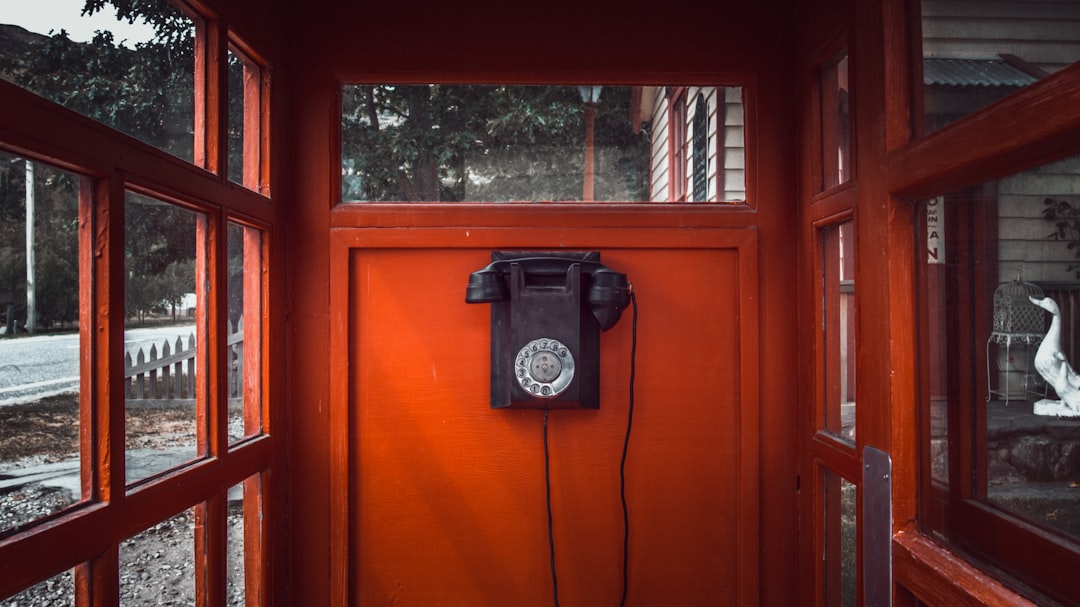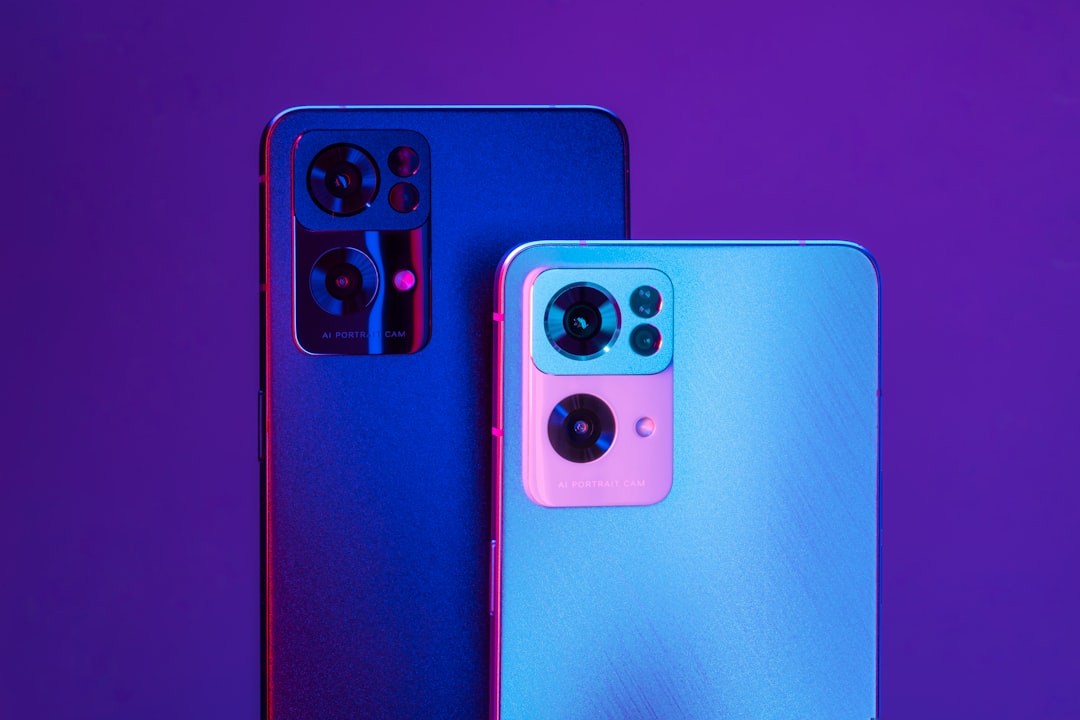Philadelphia's automated spam phone calls disrupt daily life and harm businesses, despite Do Not Call laws targeting law firms. Residents can register on the official Do Not Call list to halt unwanted calls, with Pennsylvania law specifically covering commercial solicitations. An effective anti-spam app tailored for Philadelphia, using advanced algorithms and local context, can revolutionize the fight against automated spam, blocking calls while respecting privacy. Educate users, partner with local groups, and host events to drive adoption of this game-changing solution for peace and privacy in a noisy digital era, particularly targeting Do Not Call law firms Philadelphia.
Philadelphia residents face a relentless tide of automated spam phone calls, disrupting daily life and violating privacy. This problem has prompted innovative solutions, notably apps designed to block unwanted calls. Understanding the legal framework behind Do Not Call laws in Pennsylvania is crucial for effective app development. This article explores how a tailored app can offer local protection, focusing on strategies for implementation and promotion, empowering Philadelphians to reclaim their communication channels from intrusive spam. Consider this guide your roadmap in the fight against automated intruders, backed by Philadelphia’s Do Not Call law firms.
Understanding the Impact of Spam Calls in Philadelphia

In Philadelphia, like many urban centers across the country, automated spam phone calls have become a growing nuisance. These unwanted calls, often targeting residents with pre-recorded messages promoting products or services, can disrupt daily life and contribute to a sense of safety and privacy concerns. According to recent studies, spam calls are not just an inconvenience; they cost Americans billions annually in time and money. In Philadelphia, where a significant portion of the population relies on their phones as primary communication devices, the impact is particularly severe.
Moreover, certain sectors, such as law firms, often find themselves on the receiving end of these spam calls, despite strict Do Not Call laws designed to protect consumers. These regulations, including those specific to Philadelphia’s Do Not Call law firms policies, aim to curb excessive and unwanted telemarketing activities. However, with advancements in technology, spammers have become increasingly sophisticated in their tactics, making it a constant challenge for both residents and businesses to stay protected from these automated intrusions.
Legal Framework: Do Not Call Laws in Pennsylvania

In Philadelphia, as across Pennsylvania, the fight against automated spam phone calls is supported by robust legal frameworks designed to protect residents from unwanted and nuisance calls. The state’s Do Not Call laws are a cornerstone of this protection, allowing citizens to register their phone numbers on the official “Do Not Call” list. This list prohibits telemarketers and automated call services from contacting registered numbers, providing a significant layer of defense against spam calls.
The Pennsylvania Do Not Call Law specifically targets commercial telephone solicitations, empowering residents to take control of their communication preferences. By adhering to these regulations, businesses and app developers alike play a crucial role in fostering a more peaceful and less intrusive phone environment for Philadelphia’s citizens, especially when it comes to blocking automated spam calls.
Creating an Effective App for Local Phone Protection

In today’s digital age, spam phone calls have become a ubiquitous nuisance, especially for residents of bustling cities like Philadelphia. To combat this issue effectively, an app designed to block automated calls must be robust and tailored to local needs. The primary focus should be on leveraging advanced algorithms that can accurately identify and filter out unwanted calls, ensuring peace of mind for users.
One crucial aspect is integrating features that cater specifically to the legal sector. Many residents often receive spam calls from law firms, prompting them to constantly update their contact lists with “Do Not Call” status. The app could offer a specialized mode for blocking such calls, empowering users to concentrate on legitimate communications while keeping unwanted legal marketing at bay. By combining cutting-edge technology and local context, this app has the potential to be a game-changer in the fight against automated spam in Philadelphia.
Implementing and Promoting Your Anti-Spam Solution

Implementing an anti-spam solution for automated phone calls is a game-changer in today’s digital era, especially for cities like Philadelphia where Do Not Call laws are in place to protect residents. To effectively promote your app, start by educating users on the prevalence and impact of spam calls, highlighting how your app not only blocks these calls but also respects their privacy. Utilize social media platforms and local community groups to raise awareness about the app’s benefits, focusing on its ability to filter out unwanted calls from law firms and other businesses.
Partnering with local organizations and authorities can significantly boost adoption rates. Collaborate with consumer protection agencies and telecom providers to integrate your app into their services or offer bundled discounts. Additionally, organizing community events or webinars to demonstrate the app’s capabilities can attract attention. Remember, promoting an anti-spam solution is not just about advertising; it’s about fostering a community that values peace and privacy in an increasingly noisy digital landscape.






